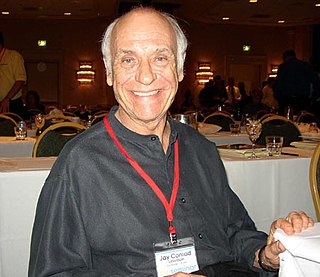A Quote by Brad Feld
When the entrepreneur is obsessed with the product and the company has organized all of its activities around that, it's very powerful.
Quote Topics
Related Quotes
The only reason I was able to accomplish things is the great people willing to work with me. A company is a group of people organized to create a product or service, and that product or service is only as good as the people in the company - and how excited they are about creating it. I do want to recognize a ton of super-talented people. Without them, I would have accomplished very little. I just happen to be the face of the companies.
It's an amazing time to be an entrepreneur because not only is the stuff getting more capable and powerful, but it's becoming more reliable and the costs are coming down dramatically. So you can go out as an entrepreneur and start a company on a credit card and go to AWS and a few other services and be pretty virtual and, who knows, you may be the next Steve Jobs.
"Why is the creative entrepreneur the riskiest type to be?" I asked. "Because being creative means you are often a pioneer. It is easy to copy a successful and proven product. It is also less risky. If you learn to innovate, create, or invent your way to success, you are an entrepreneur creating new value rather than an entrepreneur who wins by copying."

































